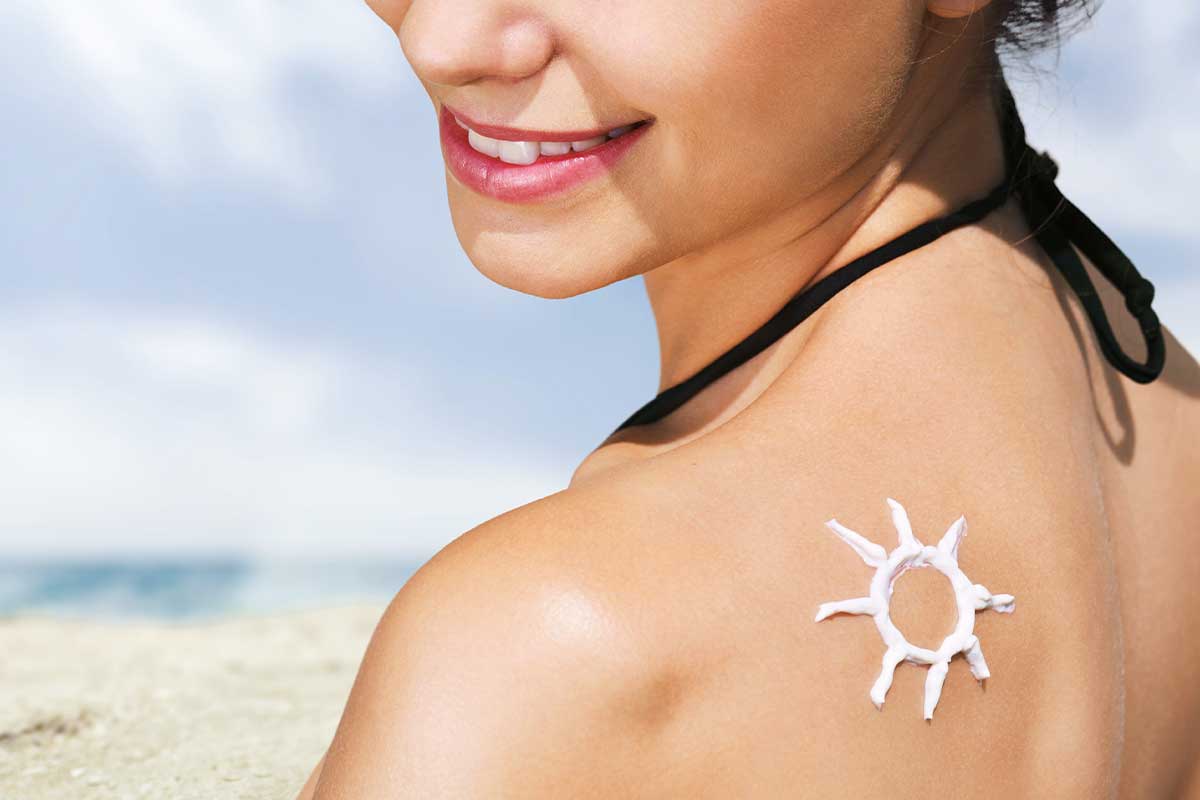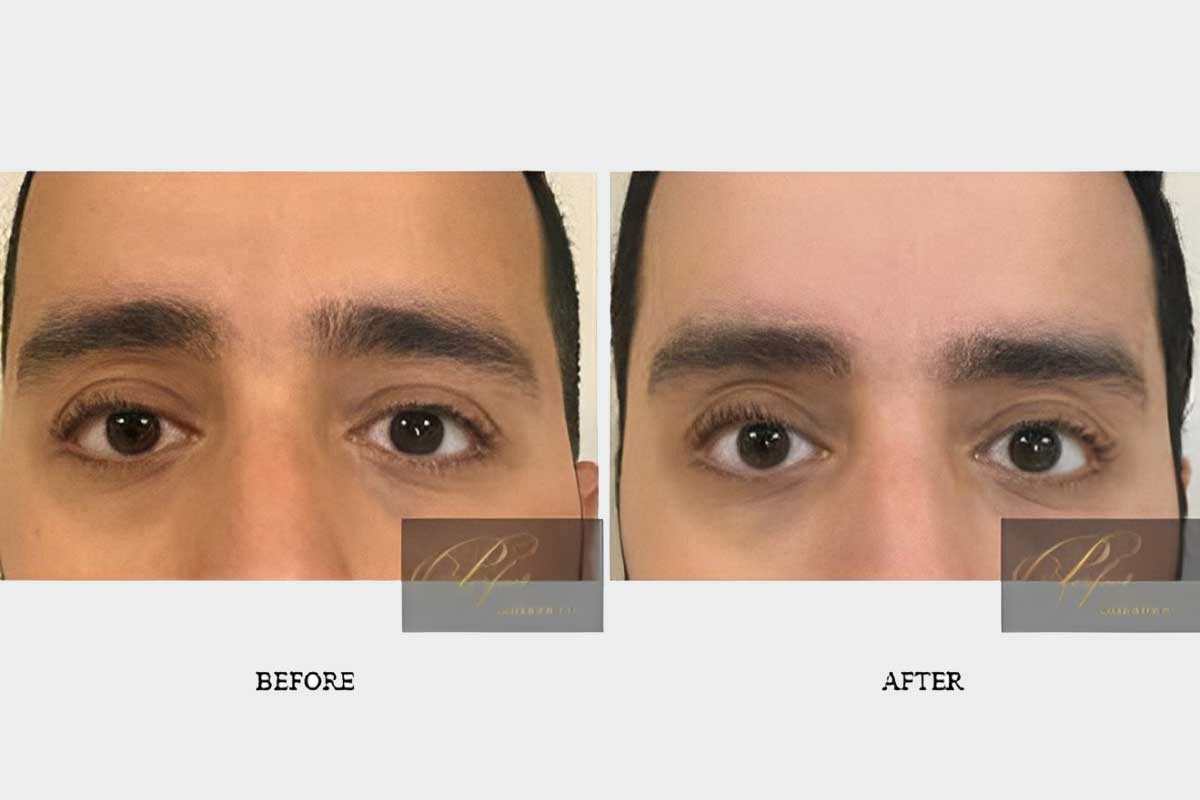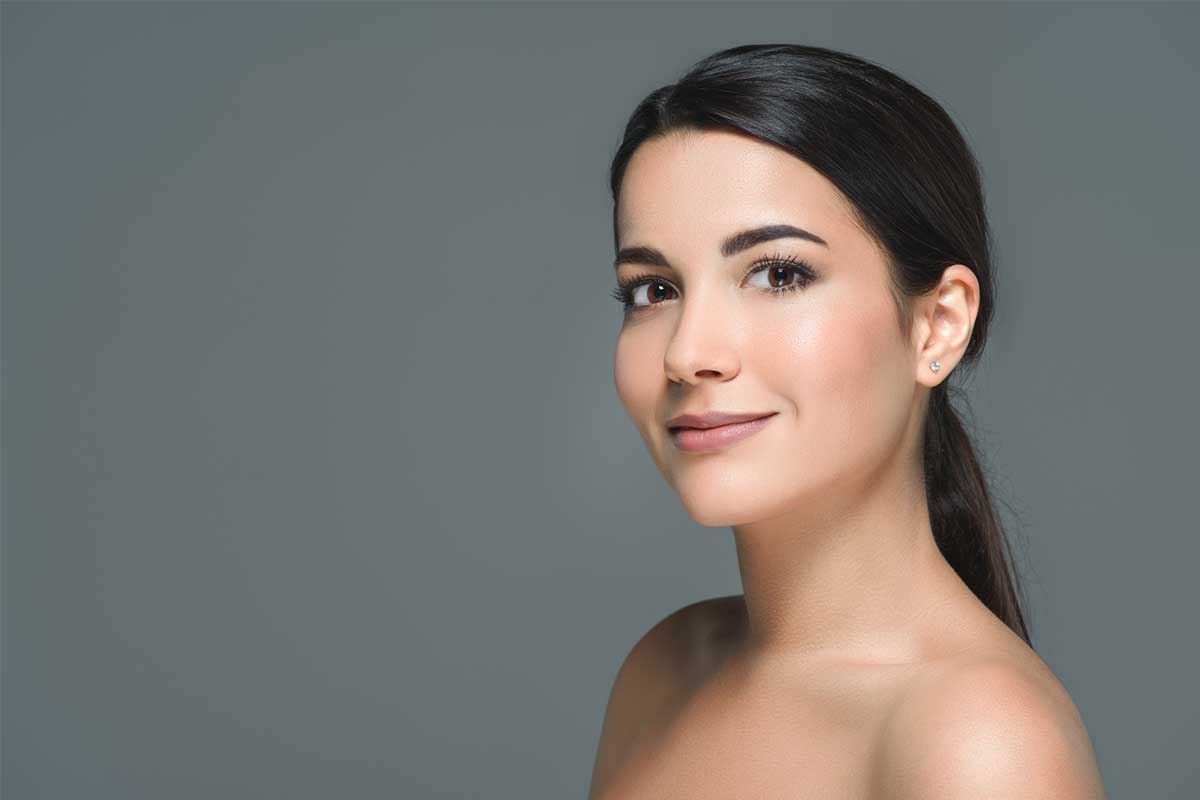
16
Nov
Is Your Daily Sunscreen Strong Enough

By now, most of us understand that we need to use sunscreen year-round and from head to toe. Even when it’s not hot and sunny outside, the sun’s rays have the potential to damage our skin, increasing the risk for premature aging and skin cancer. Additionally, UV light is not the only light we are exposed to on a daily basis. Here are some basic guidelines for protecting your body’s largest organ.
How much SPF is enough?
The research has shed new light over recent years with current recommendations being that you need a minimum of SPF 50 for adequate protection. Previous research showed that a minimum of SPF 30 was enough but only if applied in the proper thickness. The average person would require a full ounce of sunscreen from head to toe for SPF 30 to be effective. Since application amounts are typically less than half of an ounce, dermatologists now suggest a minimum of SPF 50 to ensure proper coverage. While your skin is your highest priority, don’t forget SPF protection for your hair, lips, and eyes.
What’s the Difference between Chemical and Physical Sunscreen? There are two primary types of sunscreen: chemical and physical (mineral). Chemical sunscreen absorbs UVA and UVB radiation. Physical or mineral sunscreen physically scatters and reflects UVA and UVB radiation. While both options protect your skin from harmful rays, chemical sunscreen is hazardous to our environment—particularly coral reefs. Due to its synthetic ingredients, which vary by brand, chemical sunscreen is more likely to lead to skin allergies and inflammation. It can even exacerbate chronic skin conditions. Physical or mineral sunscreen is what I suggest to my patients.
What is the difference between broad-spectrum and UV light?
UVA and UVB light isn’t the only type of light our skin is exposed to on a daily basis. On any given day, we are exposed to infrared (heat) and blue light (smartphones and electronics). Your skin is also susceptible to environmental pollution. An antioxidant-rich, broad-spectrum option will minimize your absorption of the harmful toxins you come in contact with.
How can I repair my sun-damaged skin?
If you are looking for a proactive way to protect your skin or a reactive way to reverse sun damage, sunspots, and premature aging, Perfect Skin Dermatology has plenty of options. We can create a custom skin regimen to address your individual needs.
We carry a range of skincare products for UV and light exposure. For those who work in an office environment with exposure to blue light, we suggest adding a UV and antioxidant protectant, such as Sunforgettable Total Protection Face Shield to your daily routine.
For those who also struggle with sun spots and hyperpigmentation, Colorescience Even-Up is our top pick. This last product, Even-up, is our best-selling product, as it has UVA/UVB and infra-red coverage, natural and gentle lighteners, a primer base, and a slight tint to replace multiple products (sunscreen lighteners, primer, and foundation) and makes your skin look flawless.
If you take nothing else away from this blog, take this: Even-up is your essential: important and essential component for skin health, and it makes you look natural but flawless. We also offer a powder, full-coverage sunscreen, popular with athletes, who can’t stand sunscreen running into their eyes when they sweat.
In addition to understanding the importance of daily sunscreen, it’s useful to know which products work best for you and how to apply them. We can discuss these details with you in further detail during your next appointment.


